People place so much value on how much they weigh. The number you see when you look down at the scale can be a helpful indicator of progress depending on your goals, but it does not take into account your height, age, gender, or muscle mass. This means that the number you see on a scale is just that – a number. When you take away the immense power it holds over you, it’s easier to use fitness as a way to better yourself mentally, emotionally, and physically instead of using it as a punishment.
BMI
BMI stands for body mass index and it calculates a person’s body weight in comparison to their height. This is calculated by taking someone’s weight in kilograms divided by their height squared in meters. The number that comes out of this calculation falls along a range from underweight, healthy weight, or overweight. This is a simple way to tie in your height based on your weight. A woman who is 5’ tall and 200 lbs will likely be considered overweight, but a woman who is 6’ tall and 200 lbs might be considered a healthy weight. BMI brings in the important fact that height greatly affects where someone should fall across the weight range. BMI is on the right track bringing in a person’s height compared to their weight, but it falls short in a couple different ways. BMI does not tell a person how much muscle or fat they have on their body. For example, 2 women who are the same height and similar size calculate their BMI and 1 falls under healthy weight, but the other falls under overweight. This could be true, but it could also mean that the “overweight” woman has more muscle than the “healthy weight” woman. One of the biggest errors while calculating BMI is not adding in how much fat compared to muscle a person has.
Muscle Mass
As I stated above, BMI does not add in how much muscle mass a person has, which is a major problem because of a few different reasons. First of all, muscle weighs more than fat. If you think about the example above with the 2 women, the woman that was deemed “overweight” could just have more muscle than the other woman. If you weigh more than someone who is the same height as you, then you might fall in the overweight category. This does not mean that you are overweight though. BMI is just a simple scale that leaves out key details to tell if someone is actually healthy. Second of all, having more muscle means that your metabolism is faster and you can burn more calories than those with a higher level of body fat. Having more muscle can help you metabolize your food better, allows you to be stronger, and you will be able to have less fatigue moving around in your day-to-day life. Having more muscle is good for your body, but if you step on the scale and look at that number, suddenly it feels bad. Take away the power you give to the scale. Nobody cares how much you weigh if you love the way your body looks and feels. For example, I was an athlete growing up which caused me to workout a lot and gain tons of muscle as a result. I am 5’ 8” and currently weigh from a range of 140-150 lbs. A lot of people look at me and don’t think that I weigh that much, but I am a taller woman who has a ton of muscle, so it makes sense. I used to look down at the scale and be upset if I saw my weight fluctuating, but I liked the way my body looked and felt, so why did that number matter? Also for women, it’s extremely normal for your weight to fluctuate because of your 28 day menstrual cycle. It affects how much water retention we have, our hunger levels, and our energy levels. If you let the scale terrorize your life, you will not use fitness in a healthy way. Fitness might become a punishment because you don’t like what you see on the scale on any specific day. This kind of thinking can lead you down a rabbit hole of disordered eating, orthorexia, and tons of other really scary health issues.
How to Ditch the Scale
Even though weighing yourself isn’t the best way to track progress, people keep going back to doing it because it can be really hard to notice small changes in yourself. I realize my own errors in the past of letting the scale run my life, so I choose not to weigh myself often. When I do have to weigh myself, such as at the doctors, I don’t allow that number to change the way I view myself or my body. There are ways to track your health and fitness progress without using a scale though.
Pictures
You can take pictures of your body everyday or once a week to keep a log of what your body looks like overtime. You can just snap a quick picture before you leave for your day, or you can take a picture in the same outfit everyday, but whatever you choose should fit your lifestyle. If you look back at these pictures you probably won’t be able to tell a difference in your body in the span of 2 weeks. If you keep along your fitness journey, you will definitely notice differences in your body in the span of 8 weeks. If you look at yourself in the mirror everyday, but don’t have any physical pictures of yourself in the past, then it will be really hard to tell if anything has changed. This is an easy way to motivate yourself to keep living a healthy lifestyle when you can see and feel the fruits of your labor.
Clothes
Pictures can be a great way to track progress based on how you look, but it can be triggering for some people to take pictures of themselves and keep all the photos in their phone. Another great way to track progress without taking photos is to track how you feel in your clothes. Depending on the type of clothing you choose, it will look and feel different on your body. Try to keep one specific outfit or a couple outfits that you wear often and every time you wear them think about how you feel and look. They might feel looser or tighter after a few weeks of working out based on your goals and this can help you track progress. This can be flawed in some ways because clothes can shrink or stretch in the wash, but if you have a couple outfits that you wear often, it can be an easy way to track how you look and feel without stepping on the scale.
Journaling
Journaling can be a fabulous way to track how your body looks and feels based on your perception. If you take 5 minutes a day to write down what type of workout you did and how your mind and body felt afterwards, how you felt in your clothes that day, your body image for that day, and whatever else makes sense to track your specific fitness goals. The beauty of journaling is that you can adjust it to fit your lifestyle based on what you want to write about and how much time you want to put towards it. When you write down your thoughts and emotions, you usually find out more about yourself. Writing things down makes it feel more real and allows you to dive deeper into one thought process until you find the root of the problem. Journaling can also allow you to dive deeper into triggers that you have towards health and fitness and figure out a plan to overcome them. Journaling can not only help track progress towards your fitness goals, but also allow you to dive deep into aspects of fitness that bring you positive or negative mindsets.
Your self-esteem or body image shouldn’t be measured in numbers. Take the time to realize your own triggers and what affects your mindset negatively towards your body. The main goal of this blog post is to make you take a step back and realize that the scale is not the only way to measure health. Someone can look and feel amazing, but be far over their goal weight. A healthy mindset involves utilizing fitness and nutrition as a positive outlet for your mind and body instead of a negative outlet for you to feel bad about yourself. Your worth is not based on a number you see on the scale. Your value is based on how you treat yourself and others, what you give back to the world, and about a million other things that don’t relate to a single number on the scale. Remember your worth, and keep being your wonderful self!
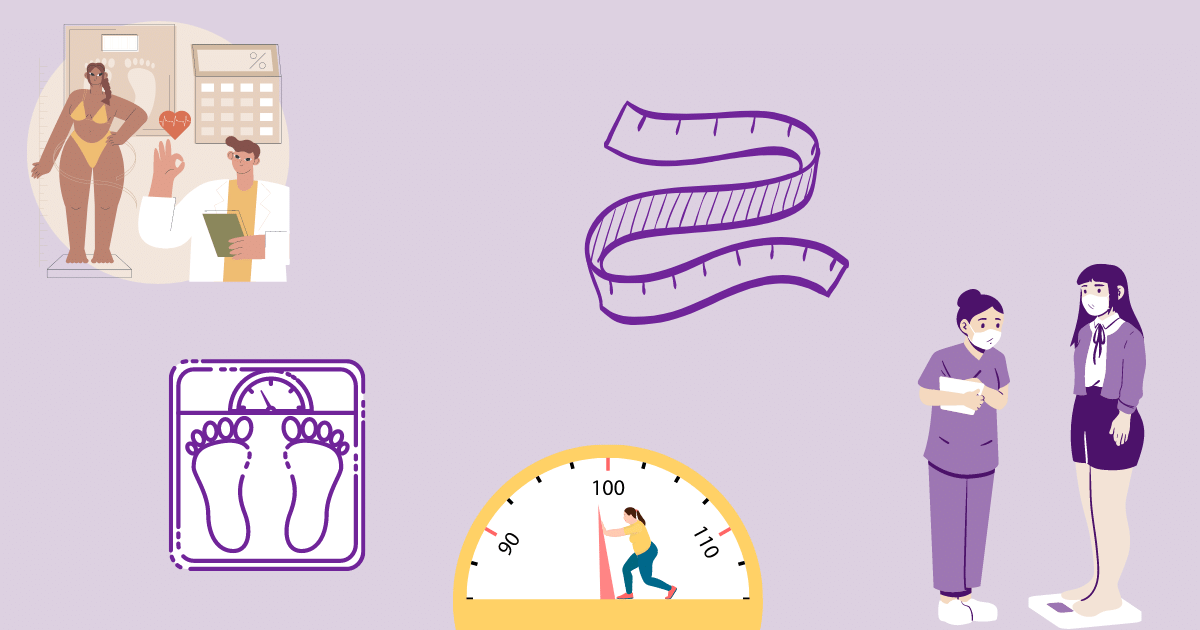

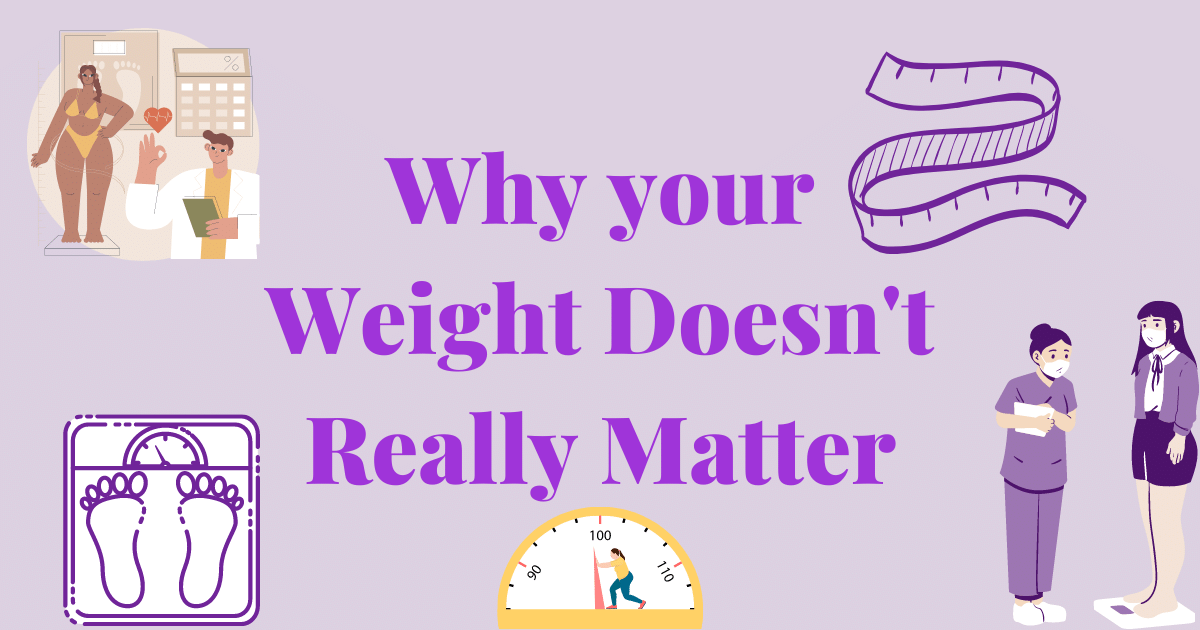
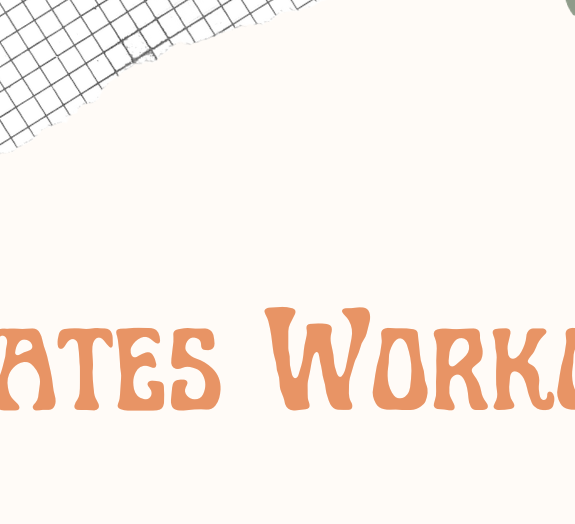
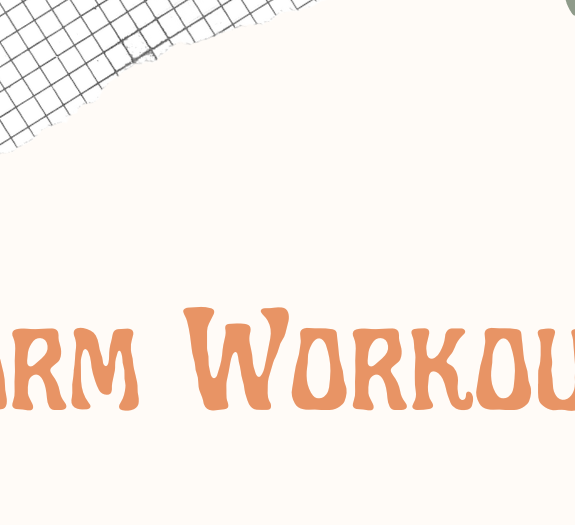
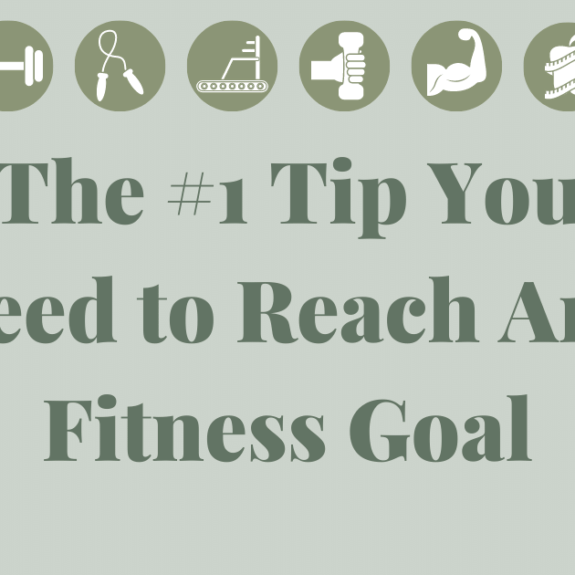
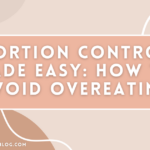
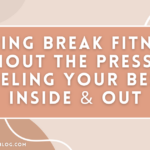

Amy Moynihan
September 8, 2022 at 2:10 pmThis sounds healthy and BALANCED!!
Xoxo